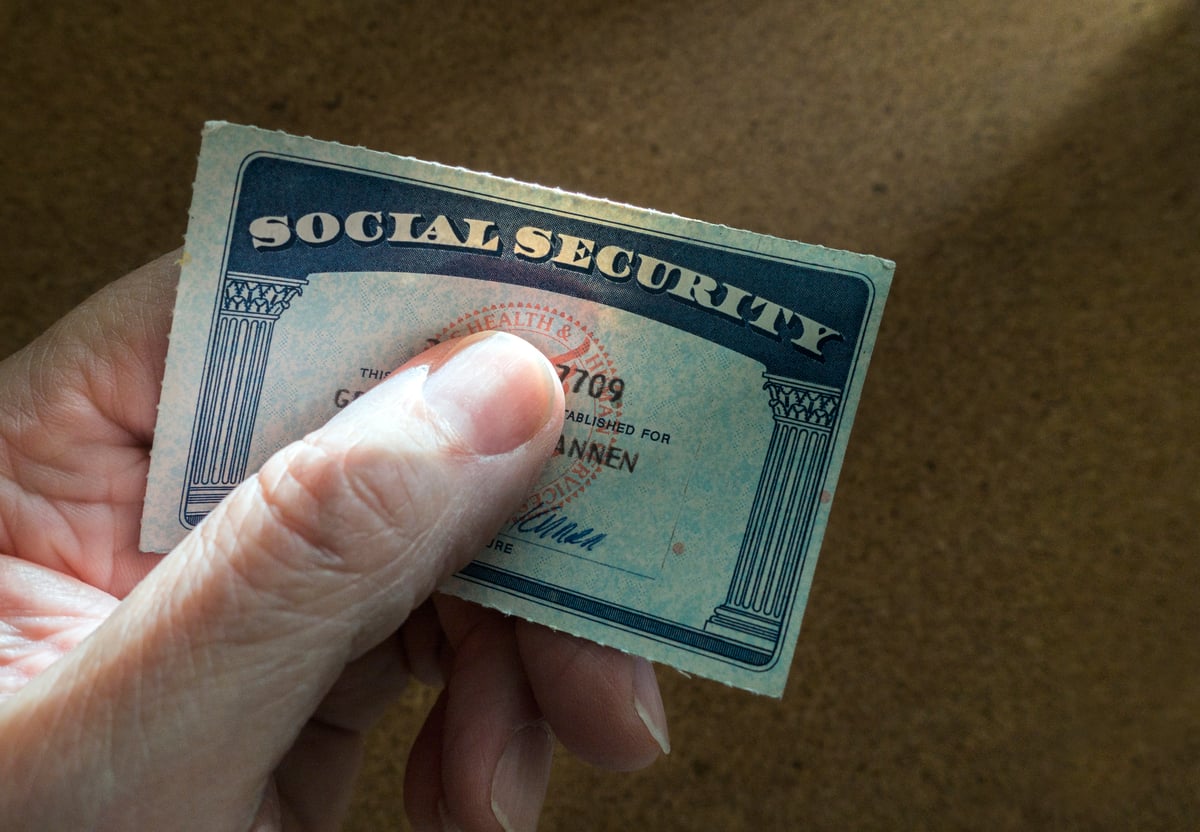Of the various factors that contribute to our general well-being, money is a big one. In fact, 92% of Americans claim nothing makes them happier or more confident than when their finances are in order, according to Northwestern Mutual's latest findings from its 2019 Planning & Progress Study. If your finances are a mess, chances are it's wreaking havoc on your mental state. Here's how to clean up your act -- and enjoy the feeling that comes with being on top of your finances.
1. Set up a budget
It's hard to feel like your finances are in order when you have no idea where your money even goes month after month. If that sounds like you, then it's time to create a budget and start following it. That way, you'll get a sense of what your expenses look like, and you'll be better positioned to cut back as necessary to boost your savings or free up money for other objectives.

IMAGE SOURCE: GETTY IMAGES.
To set up your budget, start by listing your recurring monthly expenses. Then factor in once-a-year expenses and divvy up their cost over 12 months (for example, allocate $25 a month if your annual professional license renewal costs $300). Don't just guess at those numbers, though -- consult bank and credit card statements from the past year to get a sense of what you really spend.
Then, be honest with yourself. Are you saving an adequate chunk of your earnings? (For retirement purposes, that means 15% or more.) Or do you usually spend your entire paycheck? If it's the latter, then you'll need to prepare to slash some expenses, but having that budget will help you see where it's easiest to cut corners.
2. Build an emergency fund
Nothing says "peace of mind" like a healthy emergency fund. Ideally, yours should contain enough money to pay for three to six months of living expenses. That way, if you lose your job, get hit with a host of medical bills, or encounter a major unplanned home repair, you'll have savings to tap, and you won't have to rack up dangerous credit card debt in an effort to keep up.
If you're currently without much savings, use your budget to cut back on spending, and bank the difference. You can also try boosting your income with a side job, at least on a temporary basis. Working a bit during weekend or evening hours could get your emergency fund established much sooner.
3. Map out your long-term goals
Having a strong handle on your financial goals can not only improve your outlook, but increase your chances of success. In the aforementioned study, 48% of respondents said they don't have clarity on how much money they can afford to spend now versus how much they should be saving. If you're in that boat, list your various financial goals and do some research to see what they might cost you.
Say you want to put your two kids through college during your early 50s, and then retire 15 years later. If you're currently in your late 30s, you have plenty of time to save and make those things happen, but you'll need to research college costs and set up a savings plan as soon as possible.
Meanwhile, it's generally smart to retire with 10 times your ending salary in savings, so if you close out your career earning $120,000 annually, you'd want a $1.2 million nest egg. There's wiggle room in that formula, especially if you're planning to work in some capacity during your golden years. The point, however, is that once you spell out your goals, you'll be better able to track your progress toward them, and make budgeting or lifestyle changes as needed to meet them.
If your finances aren't in order, it could impact you mentally and emotionally. But a few key moves on your part could turn your financial picture around and lead you to a place of happiness and confidence.





